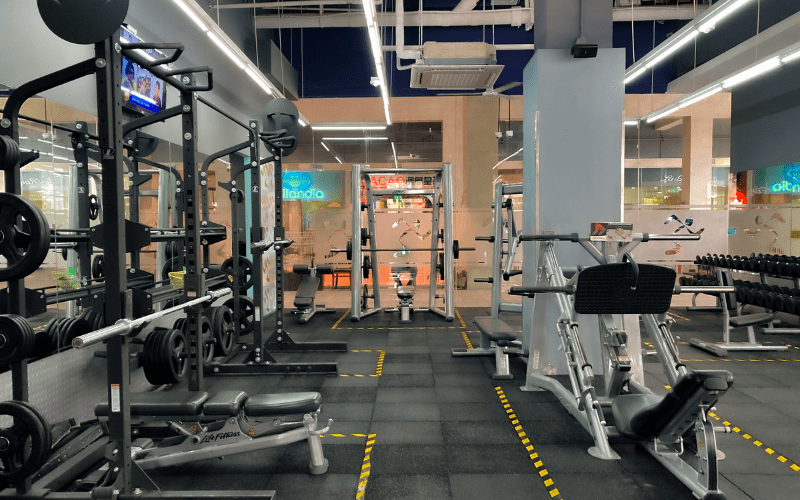SafeACTiVE-undersøgelse – foreløbige resultater viser ekstremt lave niveauer af Covid-19-risiko i fitnesscentre

EuropeActive, the leading voice and non-profit association for the European fitness and physical activity sector, is pleased to announce that preliminary data collected by King Juan Carlos University and AWRC-Sheffield Hallam University reveals extremely low levels of Covid-19 risk in fitness clubs and leisure facilities. With more than 62 million visits analysed, the average infection rate sits at 0.78 per 100.000 visits.
Since the study’s official launch on 25th September 2020, research and evaluation partners have collected data based on more than 62 million visits to fitness clubs and leisure facilities with only 487 positive cases (of both members and staff) reported from operators based in Germany, France, Sweden, Belgium, Netherlands, Spain, Portugal, Norway, Switzerland, Czech Republic, Poland, Denmark, Luxembourg and The United Kingdom.
The SafeACTiVE study, commissioned by EuropeActive’s Research Centre THINK Active, aims to demonstrate the relative risk of Covid-19 infection in fitness clubs. The data collected seeks to mitigate public health concerns (of both users and members), confirm that fitness clubs are safe environments with a relatively low risk of Covid-19 infection, and offer the fitness and physical activity sector a strong argument for keeping our resources open during any future outbreaks of infectious diseases.
The director of the Advanced Wellbeing Research Centre at Sheffield Hallam University Prof. Rob Copeland stated that “Data from the SafeACTiVE Study shows that gyms across the EU are a safe place to work and to exercise. The prevention of further spread of Covid-19 has to be our primary objective but we also need to ensure that our communities have support and opportunity to remain active. We know that being physically fit can help reduce the severity of Covid-19 infection and moreover being active can help us cope psychologically when faced with the challenges of a second wave of the pandemic across Europe”.
Furthermore, he expressed that “keeping leisure centres and fitness clubs open and fully operational is critical to ensuring the health and wellbeing of our communities. I would go further and suggest that governments across Europe should be thinking about how we can increase access to activity, not reduce it, as we learn to live with Covid-19”.
Prof. Alfonso Jimenez, head of THINK Active, also commented that “I am delighted to confirm such a low level of infection risk in fitness and health clubs, reinforcing the message that fitness and physical activity are a fundamental part of the solution during the Covid-19 pandemic in helping strengthen and improve immune functioning and lower risk of viral illness”.
He elaborated on the primary research method, which “is based on a survey conducted among European fitness operators. The survey consists of a series of questions about your facility/facilities and any positive Covid-19 confirmed cases (users/members and staff). Fitness and leisure facilities who participate are asked to provide information on total weekly visits since reopening on a week-by-week basis, and by using data provided by their access/membership systems. We trust to release the full report in November 2020, that will include detailed information by regions and countries across Europe considering differences in infections rates”.
The SafeACTiVE Study has been made possible thanks to the generous support of Exerp, ExorLive, Life Fitness, Matrix, Myzone and Technogym.





